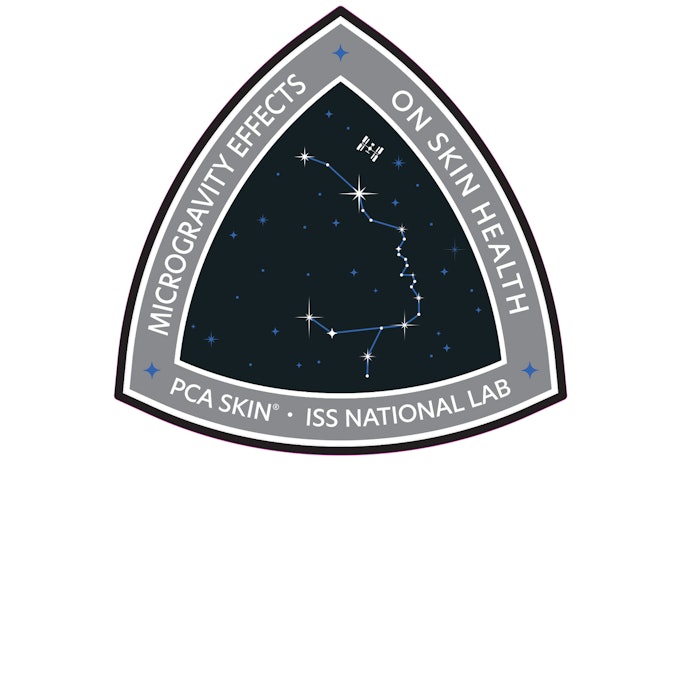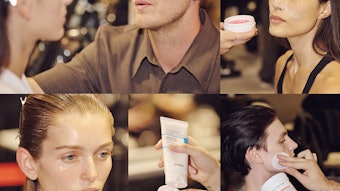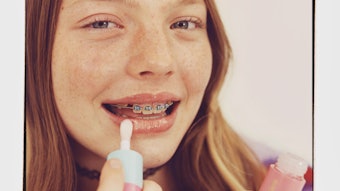
On February 19, PCA Skin, a Colgate-Palmolive Company brand, sent the first-ever private sector skin health experiment to the International Space Station (ISS). The experiment will explore the effects of microgravity on skin-related genes in an effort to guide future product innovations and technologies.
“We know that space travel and lengthy exposure to microgravity has some profound effects not only on the muscles, the bones and the eyes, but also on the skin,” says Lia Arvanitidou, vice president of global technology and design for Colgate-Palmolive’s skin health businesses. “In addition to dryness and flakiness, the skin becomes thinner, and more susceptible to cuts and bruises. Of course, these are effects that we also see here on Earth, and we see them as we age.”
The company sent full thickness human tissue samples aboard NASA’s Northrop Grumman’s 17th commercial resupply services mission to ISS. “What we anticipate with our experiment is to see earlier and more dramatic tissue damage and perhaps activation of the skin repair mechanisms,” says Arvanitidou.
The samples are housed in a special device, custom engineered by BioServe Space Technologies. “The tissue samples need to be surrounded by liquid medium, and, as you would expect in space, that liquid will splash. So, they developed these custom-made devices to house the tissues with the liquid nutrient medium,” says Arvanitidou.
Continue Reading about this skin in space initiative in our Digital Magazine...
Inga Hansen is the managing editor of MedEsthetics.











